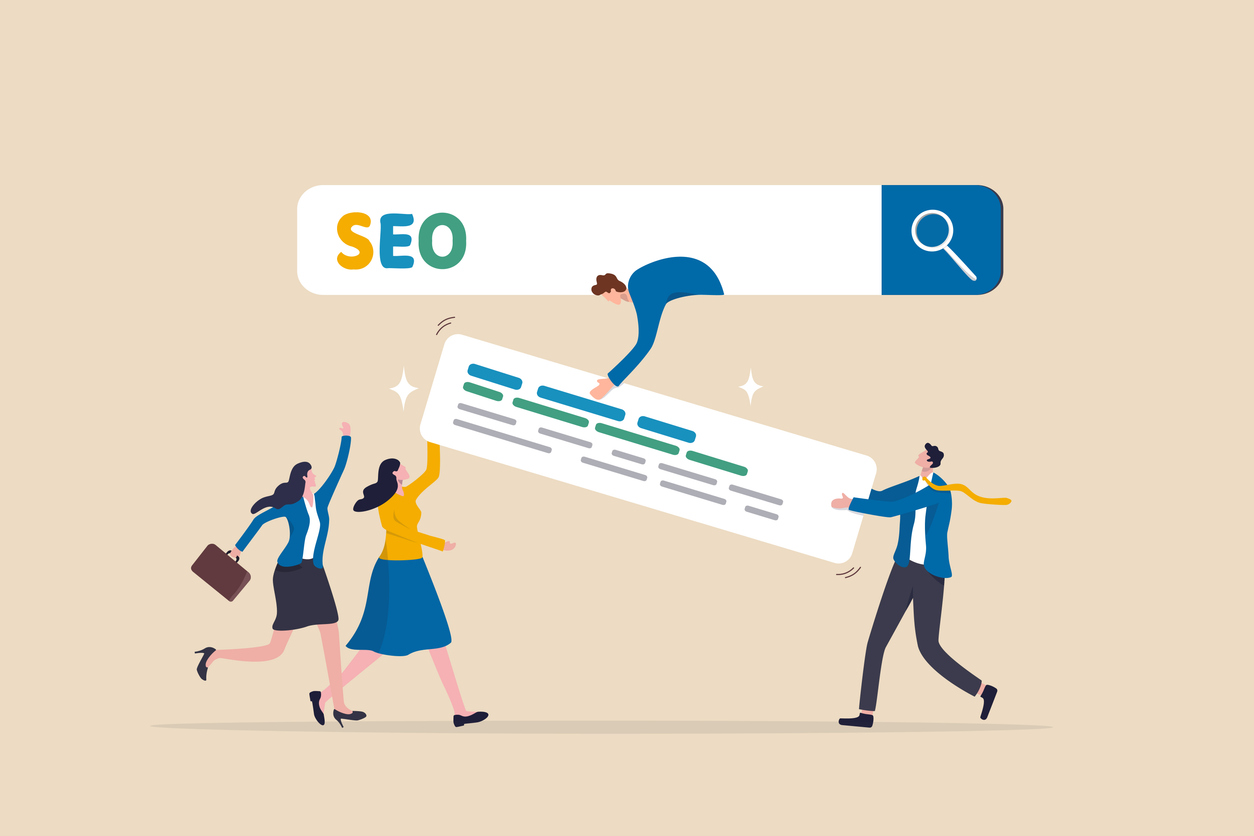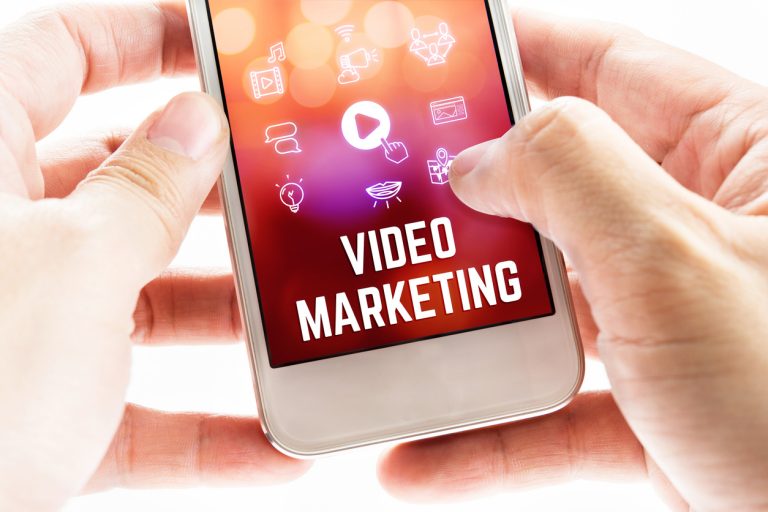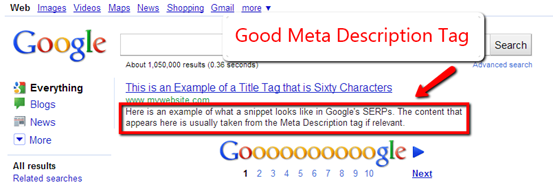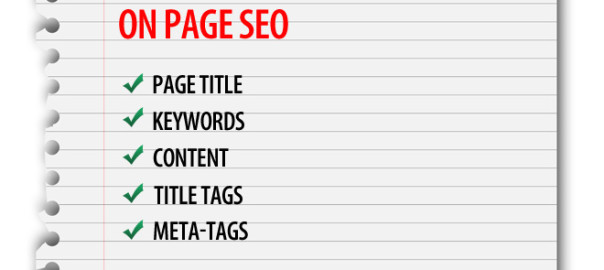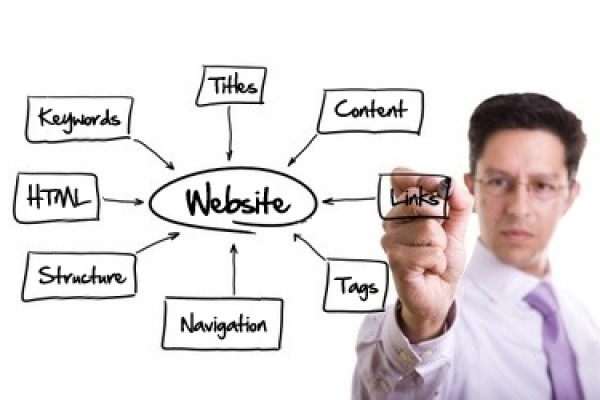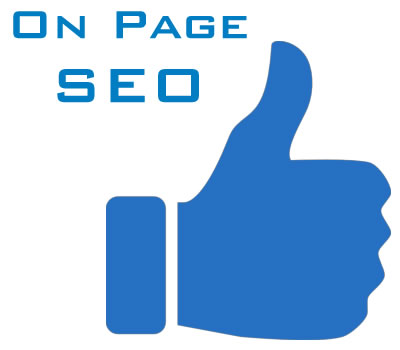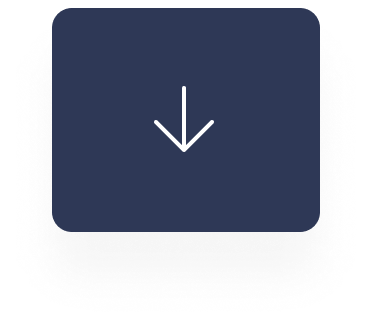What’s the Difference Between On-Page and Off-Page SEO?
In the vast and intricate world of SEO, understanding the difference between on-page and off-page SEO is crucial for anyone looking to improve their website’s visibility and ranking. While both are essential to a successful SEO strategy, they focus on different elements affecting how search engines and users perceive your site. Let’s dive deep into what sets them apart and how to leverage each to boost your SEO.
On-Page SEO: Optimizing Your Website Internally
On-page SEO refers to the strategies applied directly within your website to improve its position in the search rankings. It’s about making your site more accessible and readable for search engines and users. Here are the key areas it covers:
Content Quality
Content is the cornerstone of on-page SEO. High-quality, relevant, and valuable content attracts search engines and keeps users returning. It’s not just about using the right keywords; it’s also about creating content that answers your audience’s questions and provides real value.
Keywords
Keywords are topics and ideas that define your content. Regarding SEO, they’re the words and phrases that searchers enter into search engines. You must ensure your website’s content and metadata use relevant keywords to help search engines understand and rank your page appropriately.
Meta Tags
Meta titles and descriptions are critical components of on-page SEO. They provide search engines with concise descriptions of your page’s content. Crafting compelling meta tags can significantly impact your site’s click-through rates from search engine results pages (SERPs).
Site Architecture and URL Structure
A well-organized website helps search engines crawl your site more effectively. This includes using a logical hierarchy for your content and creating simple, descriptive URLs.
Mobile-Friendliness and Page Speed
With Google’s mobile-first indexing approach, ensuring your site is mobile-friendly is non-negotiable. Additionally, page speed is a direct ranking factor. Faster sites provide a better user experience. For insights on improving your website’s loading speed, consider reading our article on proven strategies to improve website loading speed.
Off-Page SEO: Building Your Website’s Reputation Externally
Off-page SEO involves efforts outside your website to impact rankings within search engine results pages. The main focus here is on building your domain’s authority by getting links from other websites. Here’s what off-page SEO entails:
Backlinks
The backbone of off-page SEO is backlinks. A backlink is a link from another site that points to your site. Search engines view backlinks as votes of confidence. The more high-quality, relevant backlinks you have, the higher your site will likely rank.
Social Media
While social signals are not a direct ranking factor, a strong social media presence can drive more traffic to your site and increase your brand’s visibility, indirectly affecting your SEO.
Brand Mentions
Unlinked mentions of your brand can also contribute to your off-page SEO. Search engines recognize these mentions as a sign of your brand’s authority and relevance.
Guest Blogging
Writing content for other sites in your industry can help build your reputation, provide backlink opportunities, and introduce your brand to a broader audience.
Leveraging Both for SEO Success
For optimal SEO outcomes, balancing both on-page and off-page SEO strategies is vital. Focusing exclusively on one at the expense of the other can limit your site’s potential to achieve the highest possible rankings in SERPs.
Starting with On-Page SEO
Given that on-page SEO deals with aspects of your website that you have direct control over, it makes sense to start here. Ensuring your site is optimized for search engines, and users lay a solid foundation for your SEO efforts. Need help assessing your website’s current SEO performance? Get a free assessment to identify areas for improvement.
Expanding with Off-Page SEO
Once your website is optimized internally, expanding your focus to off-page SEO can significantly boost your authority and rankings. Building a robust profile of high-quality backlinks and social signals requires consistent effort and networking but is crucial for SEO success.
The Path to SEO Mastery
Understanding and implementing effective on-page and off-page SEO strategies are essential steps to SEO mastery. However, navigating SEO’s complexities can be challenging, especially when trying to keep up with the latest trends and algorithm updates. If you want to elevate your SEO but need help figuring out where to start, BoostOne SEO is here to help. Our team of experts specializes in crafting customized SEO strategies that leverage both on-page and off-page SEO to drive results. We’ve got you covered from keyword research and content optimization to link building and social media marketing. Interested in hearing more? Book a free SEO consultation call here
